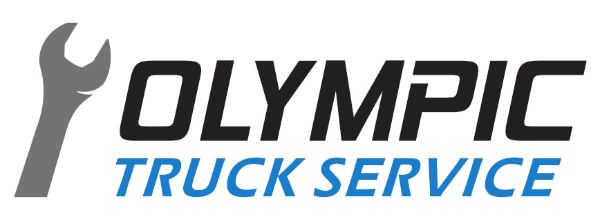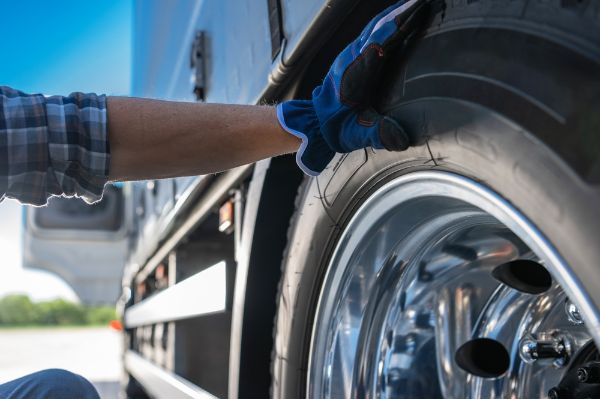Tire wear is a big issue in semi trucks. Worn-out tires can cause blowouts, uneven rides, and breakdowns. This can lead to costly downtime and lost deliveries. When tires wear down fast, it means there might be other problems too. Some of these problems include poor alignment, heavy loads, and wrong air pressure. A truck with bad tires is not safe. It also uses more fuel and can damage other parts of the vehicle. A tire that wears on one side faster than the other is not working right. Drivers and fleet owners need to look at their tires often. Checking for cracks, balding, and bulges helps keep the vehicle on the road longer.
Alignment and How It Affects Tire Life
Alignment is how the wheels are lined up with the truck’s frame. If the alignment is off, tires will wear unevenly. Bad alignment can come from hitting potholes, curbs, or from rough roads. When alignment is wrong, the truck pulls to one side. This puts extra stress on the tires. It can also damage the suspension and steering. When wheels are not straight, the tires rub wrong and wear faster. This makes the semi truck unsafe and uses more fuel. A vehicle with good alignment drives smooth and the tires last longer. Alignment should be checked often, especially after the truck hits something hard.
How to Spot Tire and Alignment Issues Early
Tire wear and bad alignment show signs. If the vehicle shakes or the steering wheel moves a lot, there may be a problem. If one tire looks more worn than the others, it could be alignment. If the truck leans or makes noise, that’s a clue too. Drivers should do walk-arounds every day. Looking at the tires and how the vehicle sits can stop big problems later. Olympic Truck in Tumwater can do tire pressure checks, alignment checks, and full inspections. Using tools like tread depth gauges and alignment machines helps find problems fast. Catching issues early saves money and keeps the semi truck working longer.
Preventing Downtime With Regular Maintenance
Preventing downtime starts with regular checks. Tire rotation, balance, and alignment help tires wear evenly. Keeping tires filled to the right pressure stops heat and blowouts. Heavy loads must be spread out right so no tire gets too much weight. Repair shops such as Olympic Truck work on big trucks know what to look for. They can set up maintenance plans for fleets. These plans can include monthly alignment checks and tire inspections. Drivers and managers must work together to keep vehicles in top shape. Semi trucks that get regular maintenance run better, last longer, and have fewer problems on the road. This saves money and keeps the wheels turning.
Choosing the Right Tires for Long-Term Success
Choosing the right tires for semi trucks is just as important as checking them. Not all tires are the same. Some are made for long highway drives. Others are made for heavy loads or rough roads. Using the wrong tires can cause fast wear and more breakdowns. Big truck repair shops can help pick the right type for the job. They know what works best for different routes and freight types. Good tires last longer and help the vehicle ride smooth. They also save money on fuel and repairs. Fleets that use the best tires and check them often have fewer delays and more success.


